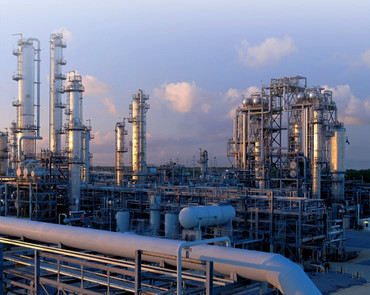| Driverless forklifts, robotic arms and mechanical jaws help squeeze as many as 1.6 million pounds of lemons a day at a factory north of Los Angeles. The army of robots are now doing what was a tedious task for staff at fast-food chain Chick-fil-A. The plant — larger than the average Costco store — then ships bags of juice to Chick-fil-A locations, where workers add water and sugar to make the chain's trademark lemonade. As Bloomberg News' Daniela Sirtori reports this week, squeezing lemons added up to 10,000 hours of work a day across all locations and caused many injured fingers. The automated site frees up staff to serve customers faster. It's another example of automation in food, which is increasingly taking over in supply chains from the farm to diners to fill labor shortages and cut costs. And as incoming US President Donald Trump's anti-immigration policies threaten fewer workers on farms, the need for robots looks even more pressing. Researcher PitchBook expects Trump policies to drive significant investment in farm automation and productivity tools this year. "Should a mass deportation of workers living in the US illegally occur under the new presidential administration in 2025, it will catalyze a seismic shift in US agriculture," PitchBook senior analyst Alex Frederick said in a report last month. As farmers faced with a severe labor crunch clamber to maintain productivity and profitability, that may spell unprecedented demand for advanced farm automation. Such tech includes AI-driven robots, Internet of Things (IoT) sensors and satellite-based imagery analytics. Deere, which makes the iconic green and yellow tractors, may be one company well positioned for the transition. It has already introduced driverless plows to farm Midwest fields and now wants to bring autonomous machines to orchards, quarries and grassy lawns to help ease a tight labor market. The company aims to make crop farming totally autonomous by 2030.
More Food for Thought The Israeli military's jamming of GPS signals has disrupted operations for the country's farmers, because many of them rely on precision-farming technologies that are GPS-dependent. Massachusetts startup Inari raised $144 million of new equity at a $2.17 billion valuation. The company uses technology to develop soybean, corn and wheat in a way that requires less water, land and fertilizer. —Agnieszka de Sousa in London | 


No comments:
Post a Comment